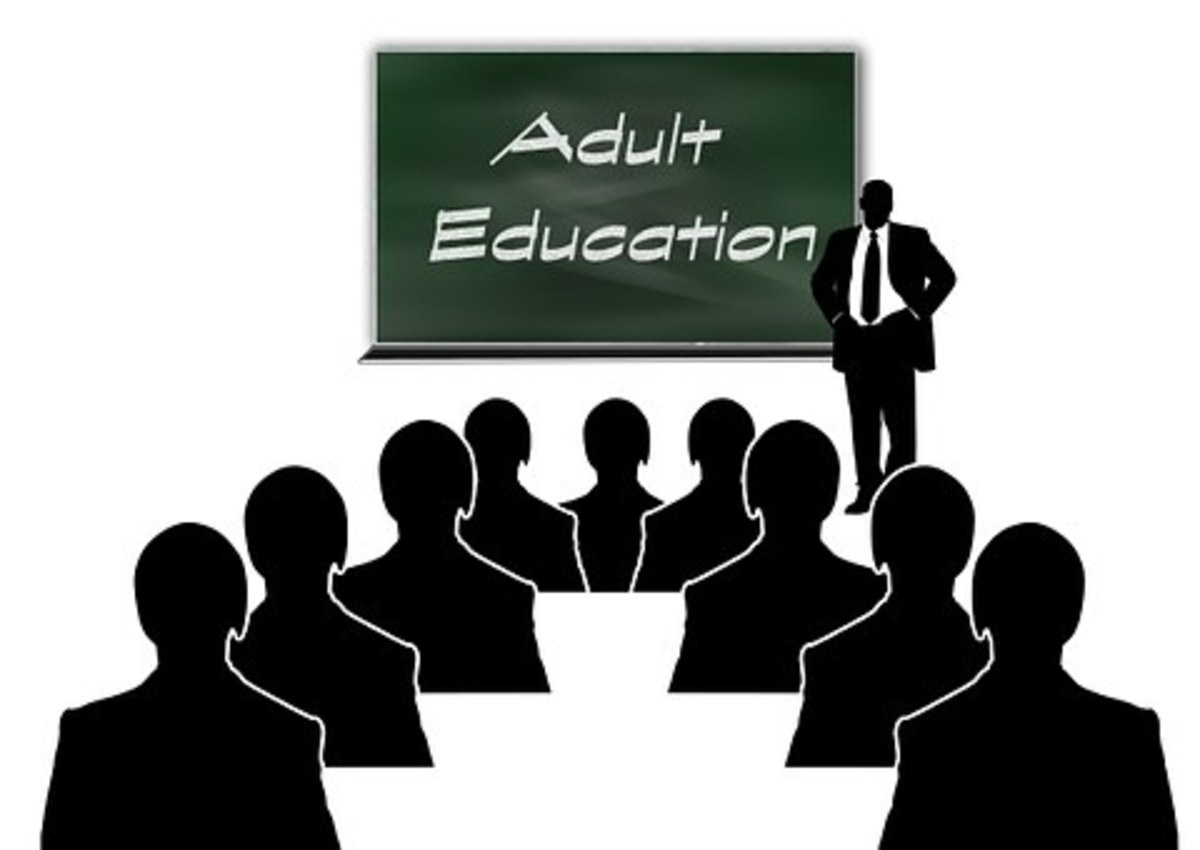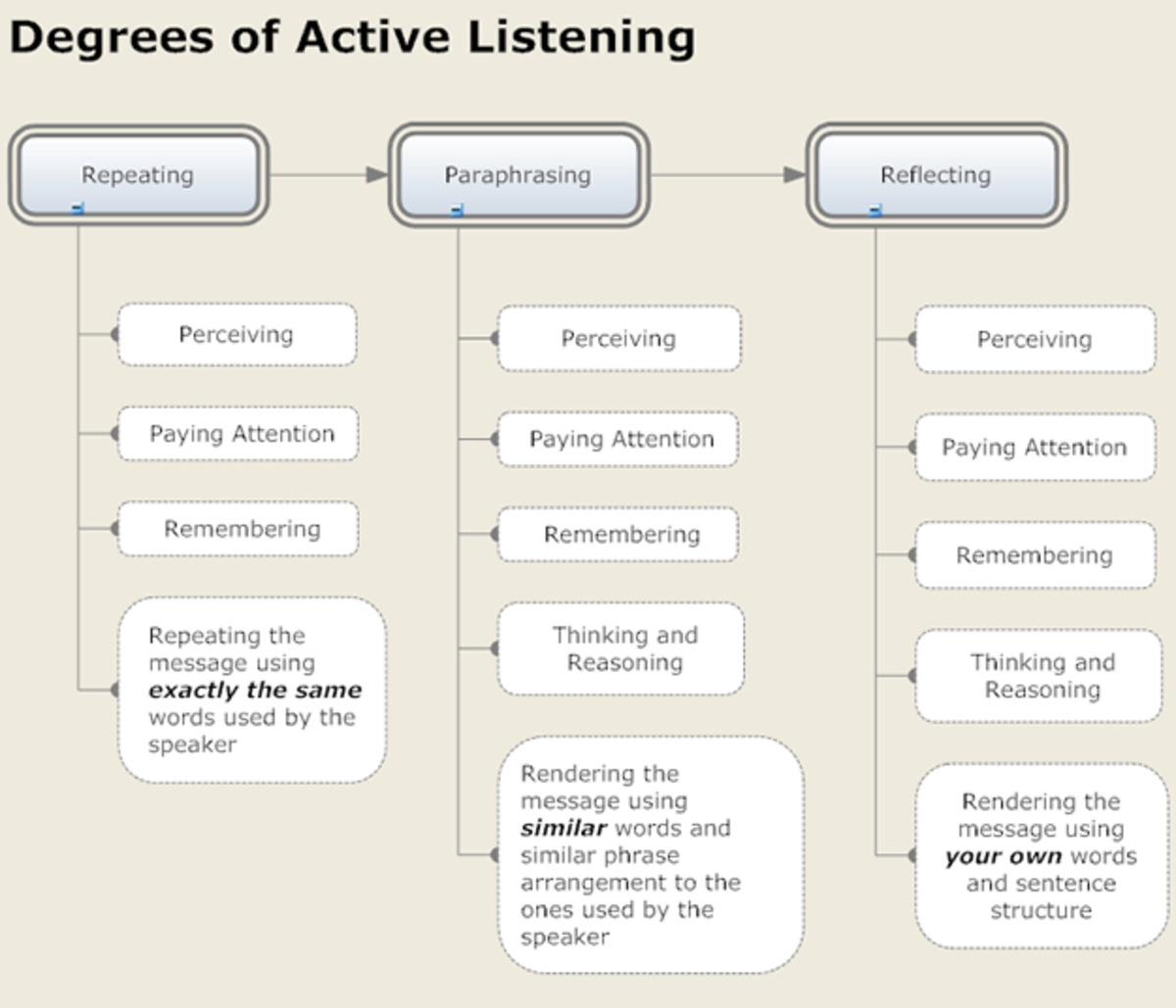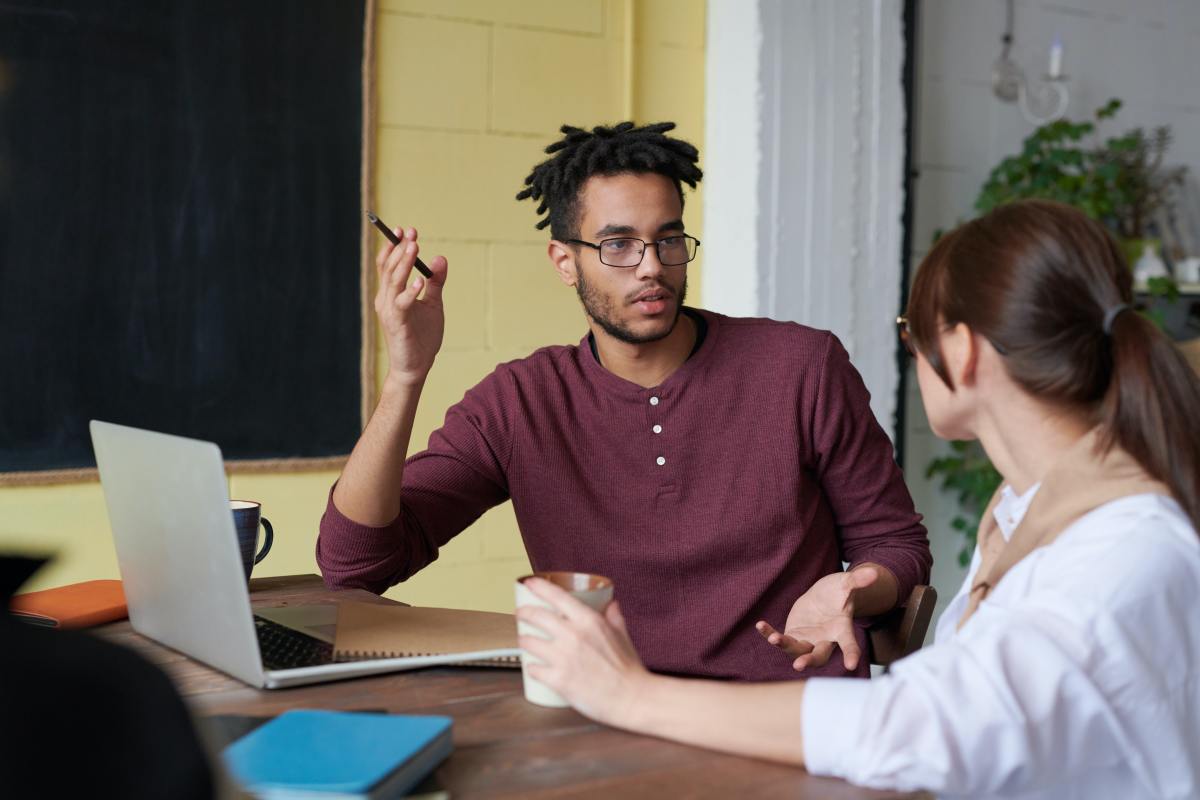How to Listen Better In Relationships
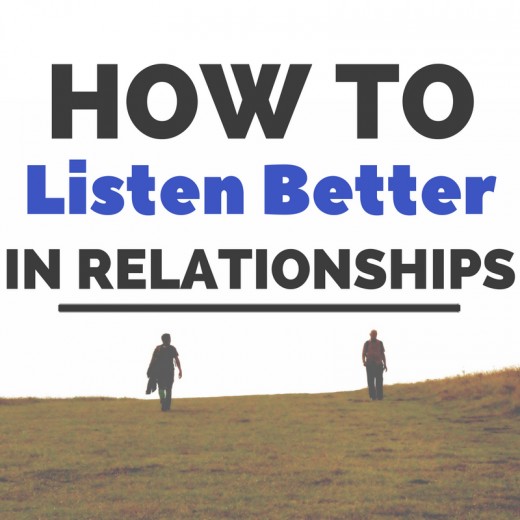
I've been accused of not listening very well at times. Usually it's because something else is distracting me: the television, email, the phone, making dinner, listening to music.
Being "plugged in" has its advantages, but listening skills can suffer.
I wanted to become a better listener. I don't like it when people say that I don't listen. Really, that makes me want to listen loudly and clearly.
I read a few things about it here and there, but decided to practice listening and see what would happen. Wouldn't you know, I got better at it. I noticed a few things, too.
To Be a Better Listener, Practice Listening
You can't just decide that you're going to be good at something and then be good at it in that instant. Anything worthwhile takes practice, and listening is no exception.
So, the first step in becoming a better listener is to consciously affirm that you are going to practice being a better listener.
Once you do this, within a short time you'll actually notice yourself communicating more effectively and taking the time to really listen to peoples' conversations.

Get Unplugged
I realized immediately that when I wanted to really listen to someone, I had to eliminate distractions. I
t's not always easy to turn everything off and tune into the person to whom you're speaking, but it really makes a difference.
When I get home, I love to talk to my husband about his day and recount stories from mine. But, I often end up doing this while cooking dinner or while the news is on. I
instituted a new habit: when we are talking, I put the soup spoon down or I mute/turn off the TV.
Then, we can have a really engaged conversation.
When we're finished a few minutes later, I pick up the soup spoon again and he can turn the TV back on, or vice versa.
We have two ears and one mouth so that we can listen twice as much as we speak.
— EpictetusPut Your Focus on the Person to Whom You Are Speaking
This means look at the person you are speaking to when having a conversation.
Face him or her and tune everything else out. (Of course, if you have children running around or other pressing matters, you'll have to tend to those first and then focus when you have a few moments free.)
Watch their emotions and look at what they're wearing and the movement of their hands. By doing this, you become "tuned in" to that person.
That invites more communication and encourages the other person to continue speaking to you.
How Well Do You Think You Listen?
Watch Body Langage
When you focus on the other person in the conversation, you then can focus on how he or she is interacting with you. If his arms are crossed, he might not be in a mood for open conversation.
If her hands are waving wildly, she might be utterly elated and might not necessarily have the patience at that moment to hear your end of the conversation.
If he has tight shoulders, he might be feeling extraordinarily frustrated and may need some space.
If he's biting his nails, he's nervous about something and might not be able to communicate at an optimal level.
Don't forget about your own body language.
You might be sending a message that you're not really listening.
If your back is turned while she's speaking to you, she might stop talking because she's going to know that you're into something else at that moment.
If you're not looking at him and looking at the floor, he might think there's something wrong and begin to probe you about what's going on in your life.
Honest, open communication involves open body language: open arms, legs are shoulder-width apart and hands are relaxed.
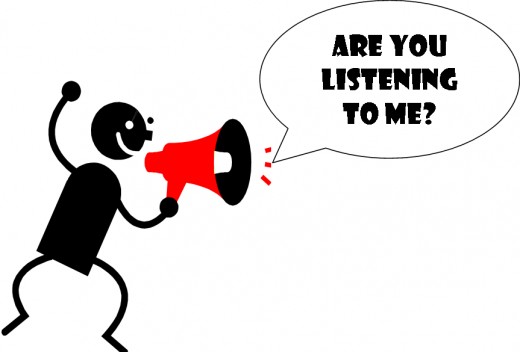
Shut Your Mouth
We all want to be listened to and heard. All of us. But, you're not hearing or listening if you always have to interject your opinion and ideas every time the other person takes a breath.
When speaking to someone, let him or her finish their entire thought. Wait a couple of moments before responding. That way, you can let the weight of the words sink in and take on meaning before you blurt something out that may or may not add to the conversation.
Consciously keep your mouth closed. Imagine a piece of tape over it so that you can hear the other person's words without interruption.
Paraphrase Back
One exceptional way to show someone that you really are listening is by taking what they say and rephrasing it back to him or her. That way you must listen attentively to be able to take in all that information, think about it, summarize, and regurgitate - all within seconds.
But, this tactic immediately lets the other person know that you are really interested (even if you're not) in what he or she is saying. Most importantly, you are being a great listener and communicator.
Have you ever tried to meditate?
Ask Questions That Allow the Other Person to Explain In More Detail
That is, when you're having a conversation with someone, another way to show you're listening is to ask probing questions that allow the speaker to elaborate.
For example, if you have a friend that says, "I had a great day! I was recognized at work for outstanding effort!"
You can now ask your friend, "Tell me about it," or "I want to hear all about it."
Then, once they have explained what has occurred, you can then ask them, "How do you feel?" or "What are your goals now?"
In this way, you can draw out the speaker's thoughts. Furthermore, your speaker will know that you're doing your best to be a great communicator.
These types of questions need to be neutral and open-ended. Don't interject your opinion until it is asked of you. Many times, people just want to share without fear of judgement.
Try Something Called "Dyads"
Dyads are basically when two people pick a theme and they both address it, one at a time.
For example, let's say the topic is "Feeling financially strapped." (Not a light conversation, I know!)
But, person A (the speaker) talks for ten minutes while the other faces him/her and just listens. At the end of the ten minutes, the person B (the listener) summarizes what the first person said and asks if he/she understood everything person A said.
Then switch. Person B is now the speaker for 10 minutes and Person A is now the listener.
This is an incredible activity for really hearing someone out and getting their perspective. It is a great foundational exercise for problem-solving.
Try Deep Listening
What is that, exactly?
Well, in a nutshell, it's meditation. While the other person is talking, you listen to his or her voice while also focusing on your breathing.
Your brain will generally cease all other thought-chatter.
Basically, by training your brain to focus intently like this for awhile, you teach it to tune things out and focus on one task at hand - such as other people in a conversation.
In addition, meditation allows you to improve your ability to "tune in" to people more easily and settle your mind into the moment. This is a great tool at home, at work, and in life.
Using these tactics, I feel like I have become a much better listener over the years.
I really try to focus, to tune in, to paraphrase and withhold comment until the other person in my conversations is finished.
These tactics are effective over the phone, as well. You just have to make sure that you're not "multitasking." It's hard to do, but with practice, it can be done!
© 2012 Cyn Lee

